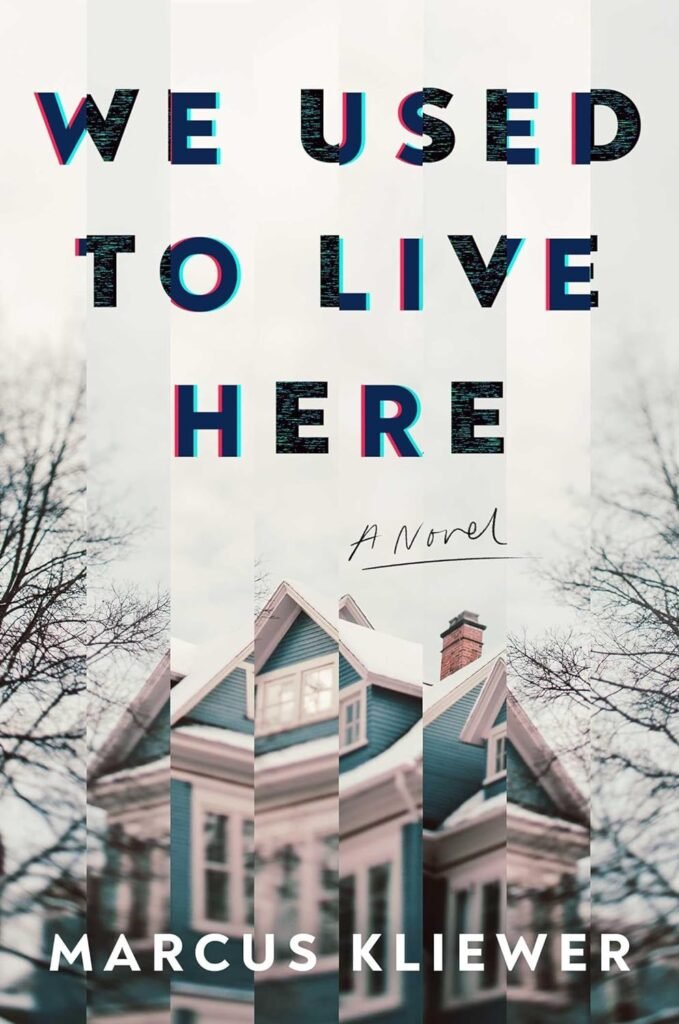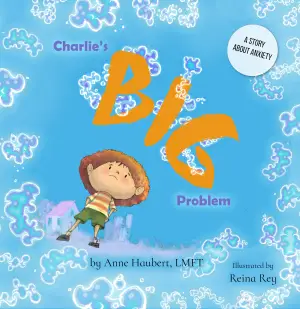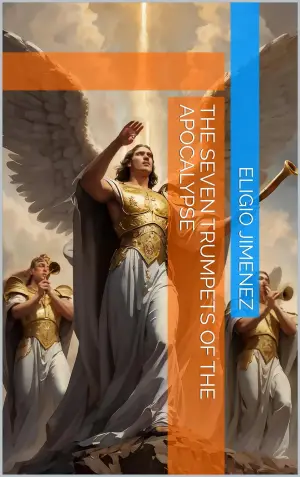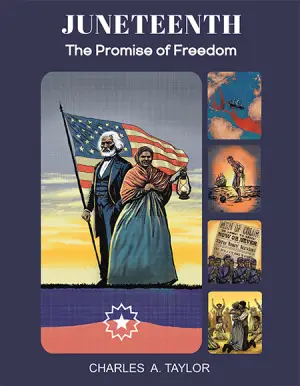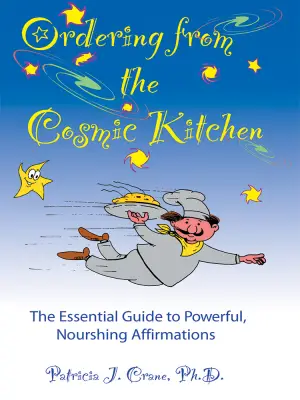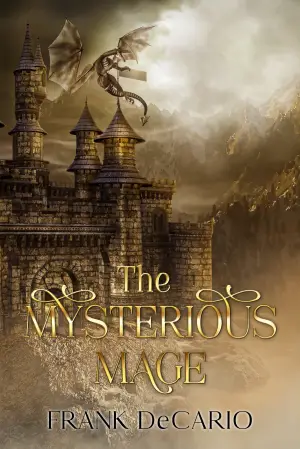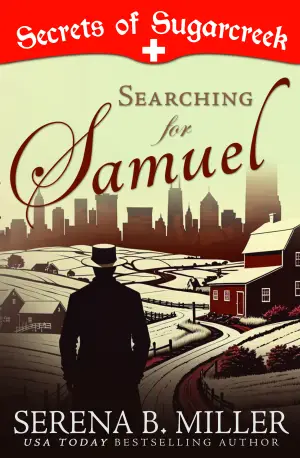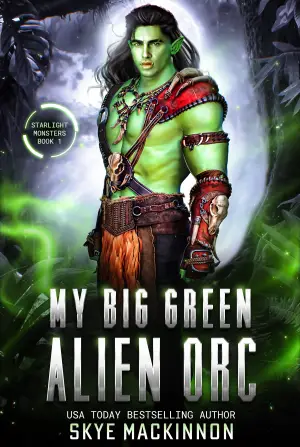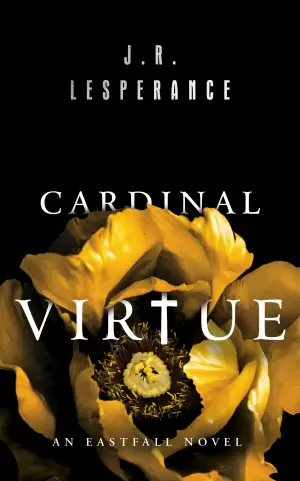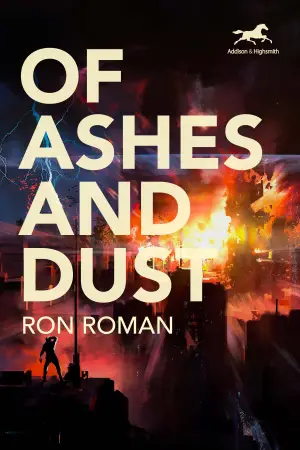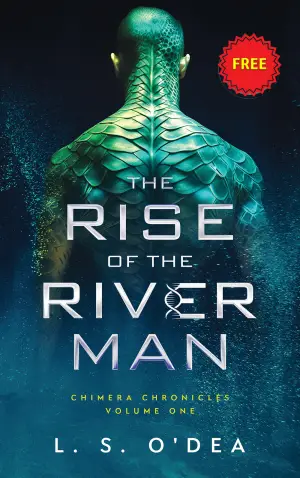We Used to Live Here: A Haunting Missed Opportunity
I was initially drawn to We Used to Live Here by the author, an intriguing voice in the horror genre whose short stories I had previously enjoyed. The premise was especially enticing—imagining a home invasion where social anxiety and polite torment intertwine. I thought to myself, “This could be a chilling exploration of fear and the boundaries of our personal spaces.” But, alas, what I encountered was a tangled web of missed opportunities and frustrating detours that left me feeling more bewildered than scared.
From the outset, the idea of a family invading a home, quietly unsettling yet not overtly threatening, promises a rich tapestry of horror intertwined with psychological tension. The protagonist, Eve, is introduced as a woman grappling with her fears, which could have provided fertile ground for exploring both personal and external horrors. Yet, the book wanders aimlessly through lengthy digressions and flashbacks that seemed to serve little purpose beyond inflating the word count.
The narrative spins its wheels across 200 pages filled with disjointed elements—a labyrinthine house, a woman in a hospital gown, and oddities like a knock-off cymbals monkey. These fragments of horror aesthetics float by, begging for cohesion but never quite delivering the chilling punch one hopes for from a horror novel. They evoke a sense of nostalgia from internet horror, but in execution, they feel more like a collection of tropes rather than the groundwork for a compelling story.
One of the most frustrating aspects was the character development—or, rather, the lack thereof. Eve’s journey largely consists of her inner turmoil showcased through paranoid musings, culminating in chaotic actions that feel unearned. The potential for a rich relationship with her girlfriend, Charlie, stays largely unexplored, and even the antagonist, Thomas, remains painfully one-dimensional. In horror, we often await that moment of revelation, a haunting truth that transforms our understanding, but here the payoff was disappointing at best.
It’s evident that We Used to Live Here struggled against its original form as a short story. The bloated narrative cries out for brevity; the compelling ideas and chilling premises get lost in irrelevant details. Short horror excels in its ability to create a visceral, quick impact by setting the stage and leaving the reader with haunting echoes. Unfortunately, expanding this story into a full novel diluted the terror, and essential questions about the world—a parallel universe tied to "Old Houses," for instance—are left frustratingly unanswered.
In a quirky aside, I found it peculiar that the author approached themes of queer experience with a heavy hand, characterizing them as though they are universally marked by religious trauma. It felt off-key and oversimplified a rich tapestry of identity, adding to the sense that deeper explorations were skirted in favor of mere tropes.
In conclusion, while We Used to Live Here might capture the attention of die-hard fans of internet horror or those intrigued by surreal horror aesthetics, for many, it may serve as a reminder that the magic of horror often lies in the brevity of the unexplained. My reading experience was a mix of frustration and disappointment, as my hopes for a rich exploration of fear fizzled into ambiguity. If you’re looking for something haunting, may I recommend an engaging short story instead? We might just uncover a more authentic fear lurking there—breathless, fleeting, and ultimately far more satisfying.
[ad_2]

